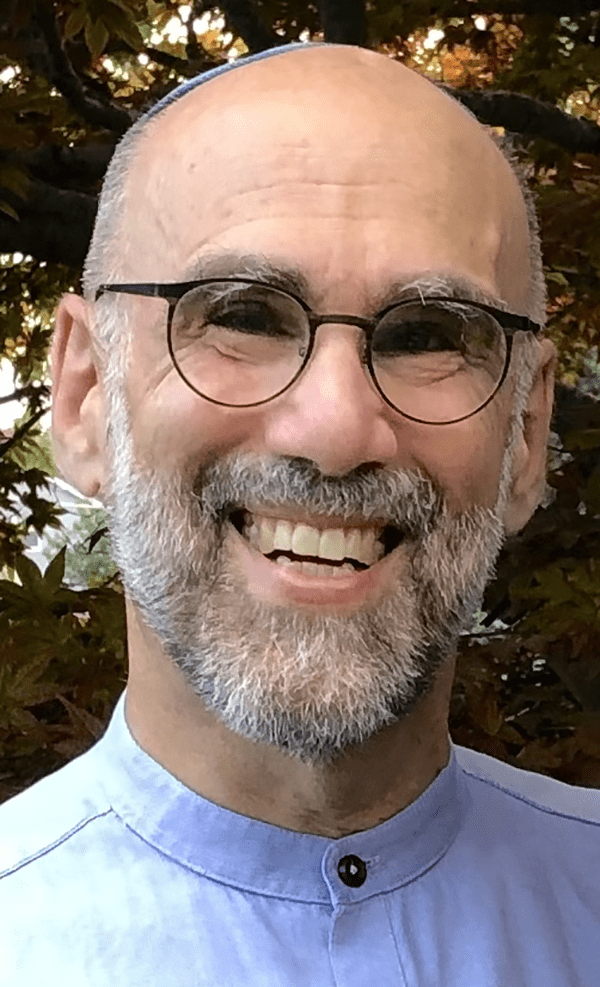Makin’ Matza!
My recent posts...
Selling Chametz
Even if you don’t keep a kosher kitchen, and/or you don’t “convert” your kitchen for Pesach, there is still spiritual value in selling your chametz: You are engaging with myriad Jews worldwide in a practice that can be traced back to Torah and, if you include a donations to “ma’ot chitin,” you are enabling those in need to more fully celebrate Pesach.
A Few Things About Pesach (With lots of links)
There is a wealth of information about Pesach (and the challenges of this year) at Exploring Judaism.org.
Omer 5785
My recent posts...
Mishpatim 5778
Seething
In this week’s Torah reading, God says to the Israelites: “No boiling a baby goat in its mother’s milk.”
Simple enough, no? Yet look where that seemingly simple statement has led us: (at least) two sets of dishes for daily use, two sets of china (for some), two (or three) sets for Pesach, cutlery to go with each set, pots and pans and utensils to suit, etc., plus waiting periods between eating meat and milk…What a system!
And it all came from this one phrase that appears twice in the book of Exodus / Shemot and once in Deuteronomy / D’varim. How did those five words get to be an Encyclopedia of the Kosher Kitchen? As I understand it, through people (rabbis, sages) trying to figure out how to fulfill the commandments in Torah.
The meaning and context of those five words? Perhaps they refer to not offering as a sacrifice an animal still nursing, or to a pagan ritual that needed to be quashed. The reason for that Torah injunction has been long irrelevant; our forebears created from that slimmest of toothpicks a formidable edifice that is a defining characteristic of Judaism: kashrut.
It’s not about physical health. As Rabbi Paul Drazen puts it (in “The Observant Life”), “Kashrut is…an attempt to turn the act of eating…into a holy opportunity to acknowledge God as the Source and Sustainer of all life.” Furthermore, he writes, “Keeping kosher is an active, vital way to identify as a Jew.”
As Jews, we are expected to follow the laws in Torah. As Jews, how we understand those laws can be an open issue: who gets to define the correct way to fulfill God’s commandments? Is practice based on interpretation immutable? What should happen when technology or newer understandings enable us to question or seek change to transmitted tradition?
Thus we have a variety of Judaisms (per Prof. Aaron Tepper). Within categories of Jews (e.g., Reform, Haredi), there can be differences of practice. Some Hasidic sects will not warrant (much less consume) perfectly kosher meat slaughtered under the auspices of a different sect. Some more liberal Jews will eat cold salads in a non-kosher restaurant, others will happily consume hot foods that are not on list of the forbidden animal, still others keep Pesach to the letter but eat anything anywhere the rest of the year. Go figure!
We have a wide range of responses to the dictates of Torah. When we act in the image of our people’s name, “b’nei yisrael / descendants of those who wrestle with God,” I believe that it is nigh unto impossible to determine just who is living “Torah true” Judaism.
Best wishes for 2019!


